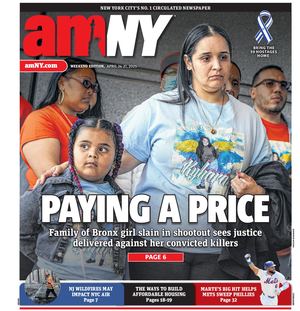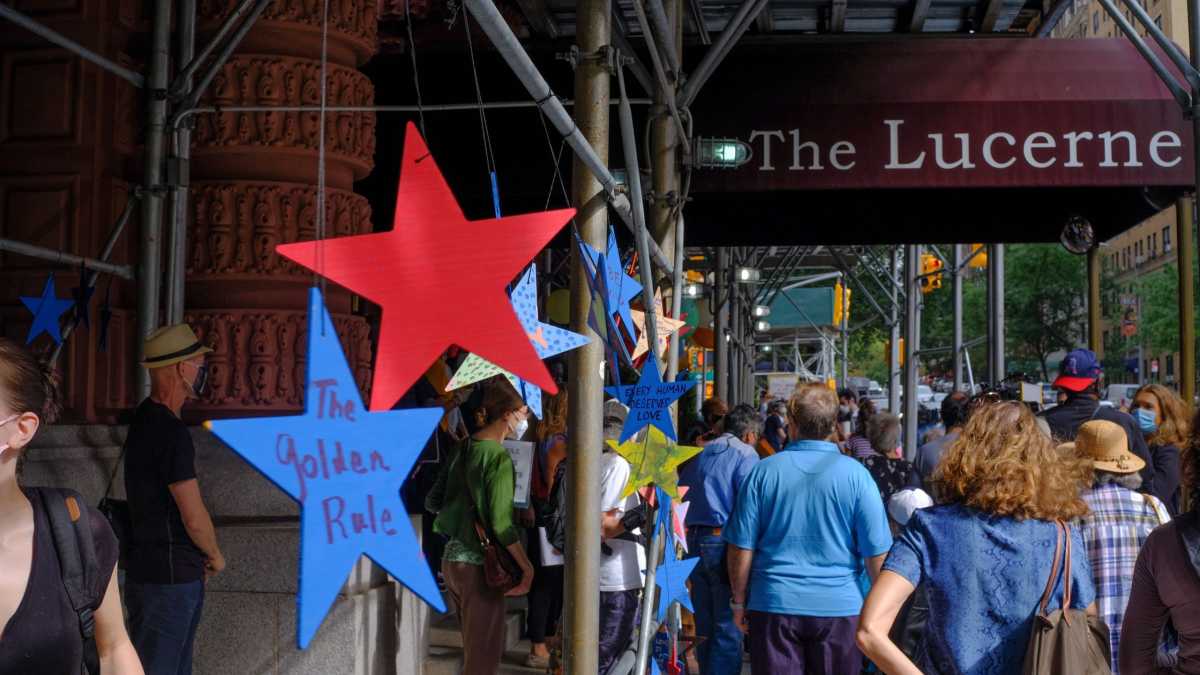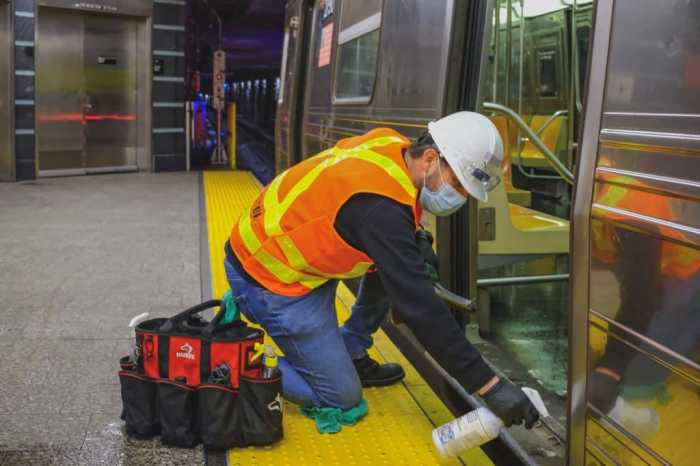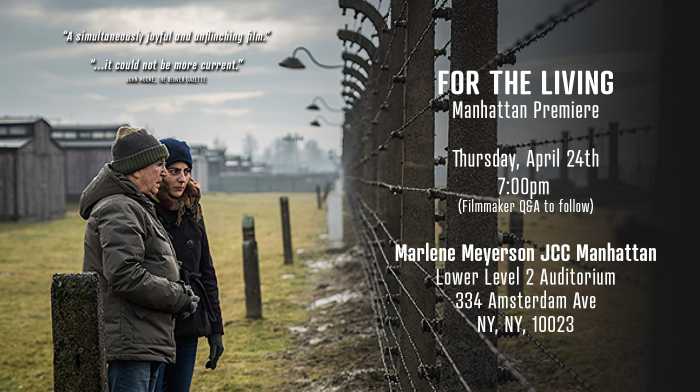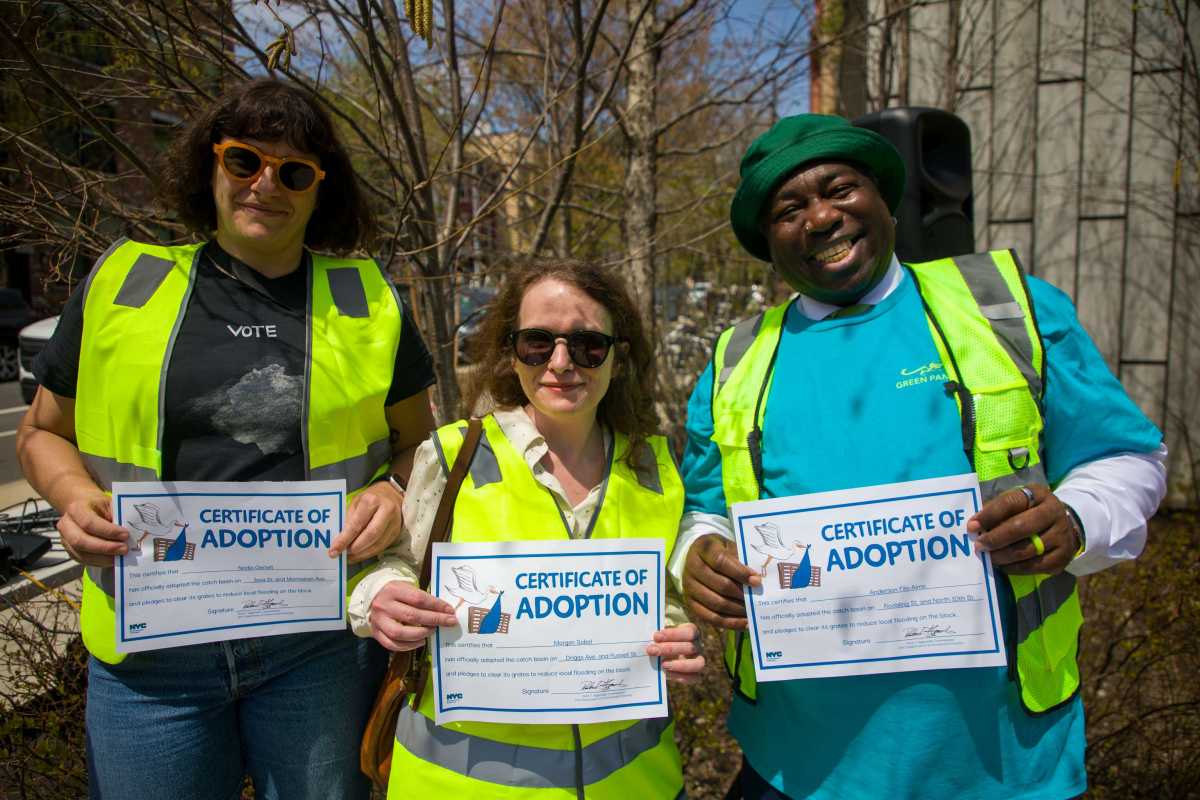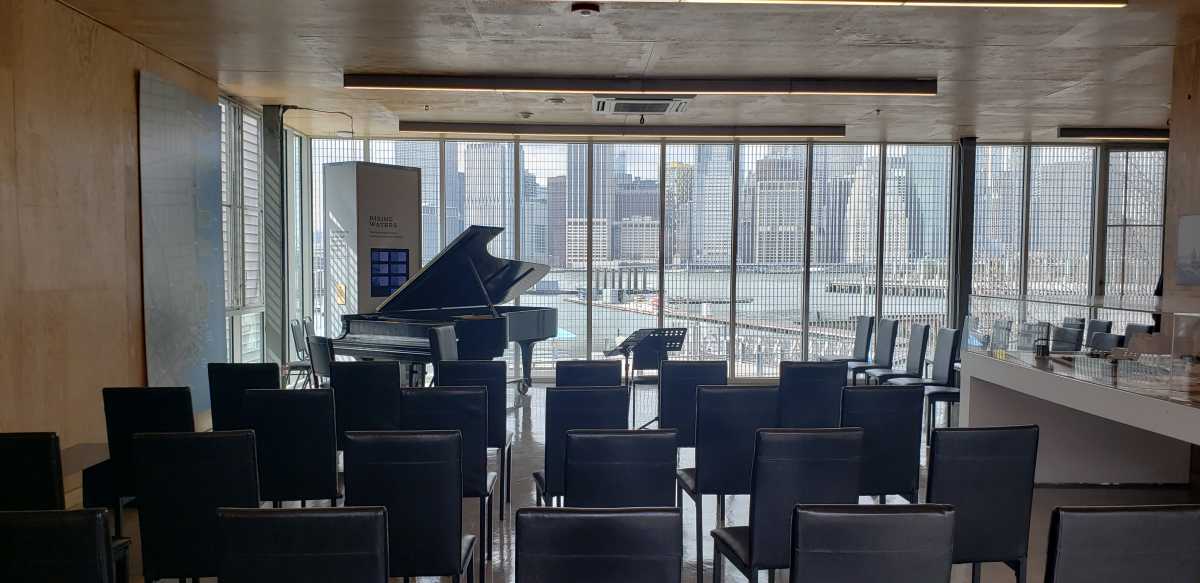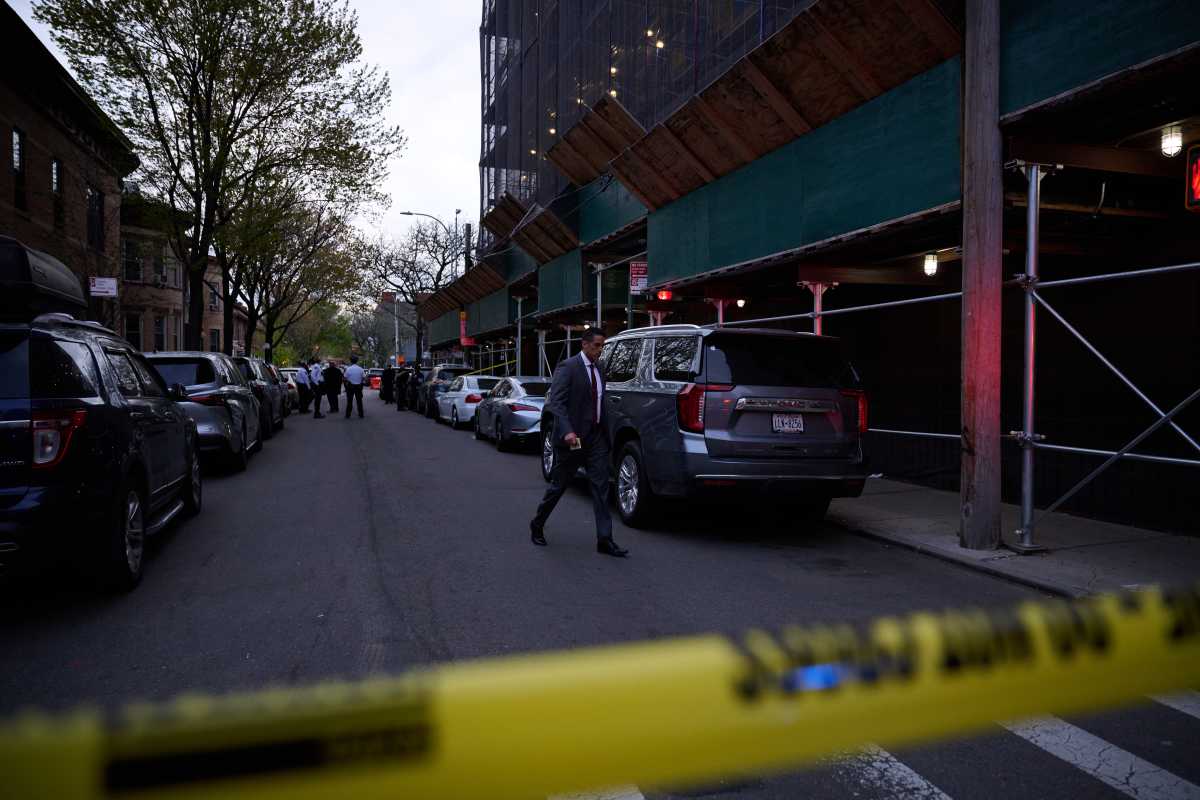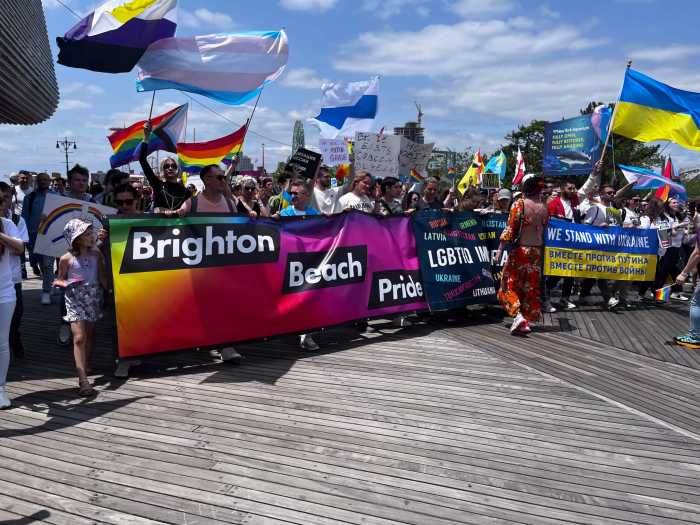Days of friction between the city and homeless advocates regarding the anticipated removal of residents at Upper West Side hotels have led the de Blasio administration to a decision to halt all efforts until further notice.
Hitting the wires late Monday, and following a demonstration at the Lucerne Hotel and Gracie Mansion, the Legal Aid Society believes the removal of people from current accommodations in the midst of an ongoing health crisis would only imperil lives of some of the most vulnerable New Yorkers who were situated in hotels to provide a pandemic-related safe haven in the first place.
“We are pleased that the City has paused any transfers of families with children who are about to start school from the Flatlands shelter in Brooklyn; transfers of disabled adults who have found stability with the support of the great staff at the highly successful Harmonia shelter in Manhattan; and transfers of men and women, who just want to be safe during the pandemic from at the Lucerne and Long Island City Plaza hotels,” Judith Goldiner, Attorney-in-Charge of the Civil Law Reform Unit at The Legal Aid Society, said. “We continue to negotiate on next steps and we hope the City will arrive at a solution that ensures that every New Yorker in a shelter can be safe and healthy and receives the accommodations that they are entitled to as prescribed by law. If the City falls short of this legal obligation, we will sue in court.”
Residents from congregate shelters such as Wards Island were sent to hotels originally to ease congestions and allow those folks to maintain a healthy and isolated environment.
The city announced it would begin the relocation process of people placed in the hotels after the West Side Community Organization launched a lawsuit, with attorney Randy Mastro at the forefront, on the grounds that the new residents were causing “chaos” as well as not receiving the support a conventional shelter could provide.
“We understand and expect that the City will honor its commitment to move folks out of the Lucerne and into state-accredited shelters with proper services on-site by the end of this month,” Mastro said. “As the Mayor has explained, SRO hotels should only be temporary housing, and what’s happening on the Upper West Side is ‘not acceptable,’ so this move will be a win-win for this neighborhood and this vulnerable population.”
On Monday morning, de Blasio the shuffle of homeless New Yorkers was on pause while litigation is still pending against the city but that moving away from housing in hotels – a years-long effort for the administration – was still the ultimate goal.
“Our corporation counsel, Jim Johnson, and our social services commissioner, Steve Banks, are handling this jointly. They’re looking at the whole picture of our whole homeless services system because we want to get back to that original policy of not being in hotels, being in shelters where people can get a lot more support,” de Blasio said. “But they’re going to look at the whole picture and then decide the next step, so I’m not going to speak to exact days, but they’ll be coming back soon with that vision.”
With long-time dysfunction regarding subsidized housing programs provided by the city, local elected officials are looking to make the CityFHEPS programs a more competitive voucher in New York City’s housing market. According to proponents of a bill in City Council, Intro. 146, this housing subsidy falls on average $500 short of market-rate housing in the five boroughs.
The Special One Time Assistance program, which pays for an entire year of rent up from for homeless New Yorkers who qualify, also falls short of this, which in the past has led to many being placed in housing outside of New York altogether.
